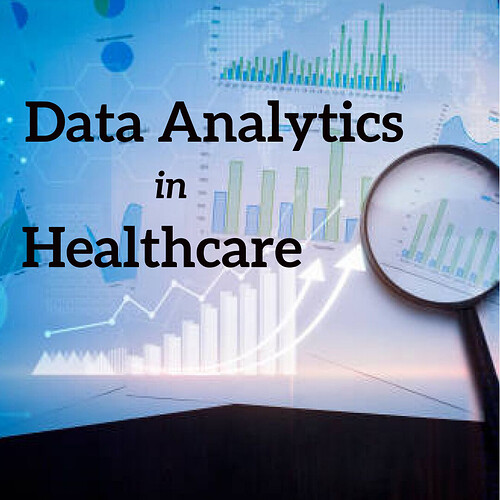Data analytics is the science of processing and analyzing raw data to get meaningful, actionable insights and information. The main aim of data analytics is to structure cluttered, meaningless data into forms that can be visualized and understood for decision-making.
With the adoption of mobile and electronic health (mHealth & eHealth), and wearable technologies, the volume of data generated in the healthcare industry is increasing. This includes electronic health record data, patient-generated data, sensor data, biometric data, financial data and other forms of difficult-to-process data.
Analyzing these data could be the key to unlocking unprecedented medical knowledge. It can deliver the most important information that can help improve the performance of the healthcare industry.
Other benefits of data analytics in healthcare include:
- Improving the quality of healthcare services.
- Supporting scientific and research activity.
- Facilitates data-driven medical research.
All these, ultimately help medical professionals make better decisions about patient care. Overall, data analytics is important to healthcare, and it’s vital for people to realize this and implement it in their organizations.
From your perspective, what other ways can data analytics be used to improve healthcare?
External links
